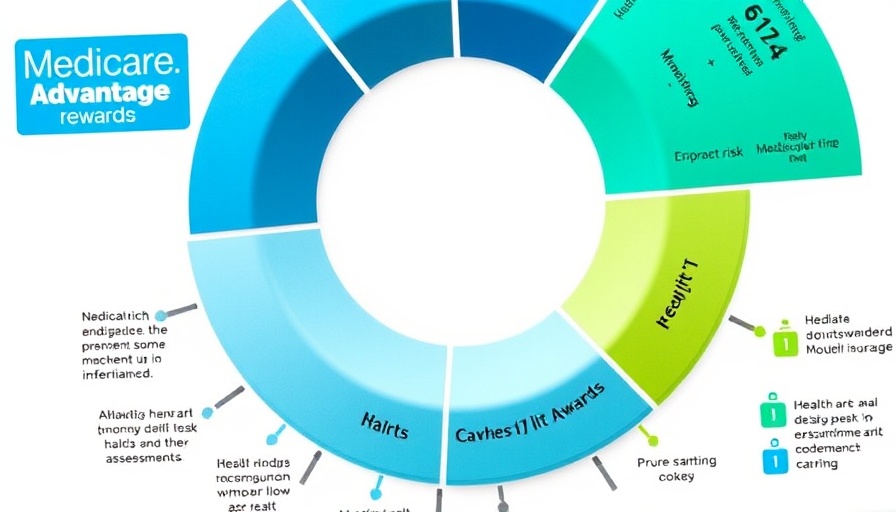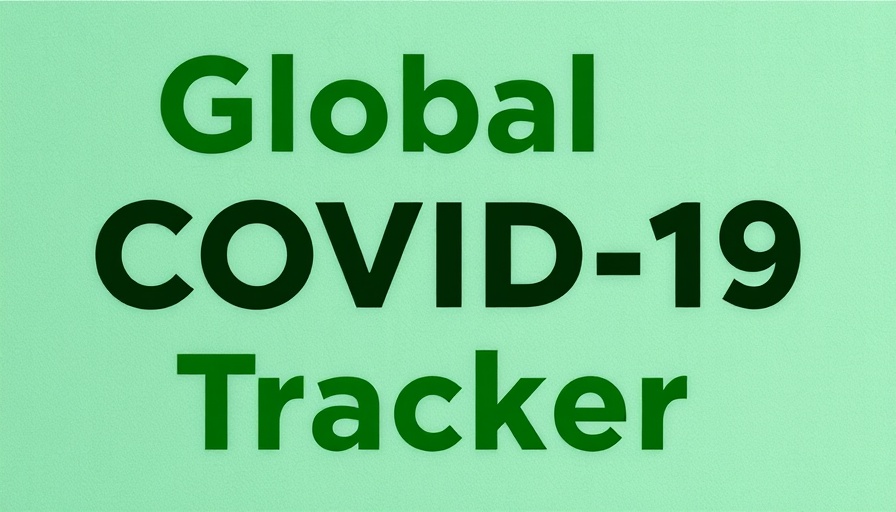
Boosting Health Awareness: Rewards for Health Risk Assessments
Medicare Advantage insurers have discovered a unique way to encourage enrollees to engage in their health through Rewards and Incentives Programs. Since 2014, the Centers for Medicare & Medicaid Services (CMS) has allowed these programs, which include gift cards or points that members can use for fitness gear and more. One of the main activities eligible for these rewards is the completion of health risk assessments (HRAs).
The Importance of Health Risk Assessments
As part of the journey to better health, an HRA gathers essential information about a person's health status, often within the first 90 days of enrollment and every year after. This comprehensive tool not only helps create personalized care plans but also captures critical diagnosis codes necessary for the Medicare reimbursement process. For instance, Medicare Advantage plans reportedly gained $15 billion in 2023 from these assessments alone, markedly highlighting their significance in providing better healthcare.
Understanding the Impact on Enrollees
In 2023, a staggering 62% of Medicare Advantage enrollees found themselves in contracts that offered rewards for completing HRAs. This not only incentivizes people to complete these assessments but can also foster a proactive approach toward their wellness. However, this reliance on HRAs raises some eyebrows regarding the accuracy of the diagnoses captured and whether enrollees are receiving the necessary follow-up care.
The Bigger Picture: What You Should Know
While these incentives can significantly motivate clients to engage with their health, it is crucial to consider the broader implications. Accurately diagnosing a health issue and ensuring proper treatment engagement is what truly matters. Therefore, understanding the role of HRAs in both health improvement and the healthcare payment system is essential for every enrollee.
As we navigate through these changing healthcare landscapes, being informed about the benefits and potential pitfalls of programs like these is essential. Knowledge is power, and staying proactive about health can lead to better outcomes.
 Add Row
Add Row  Add
Add 




Write A Comment